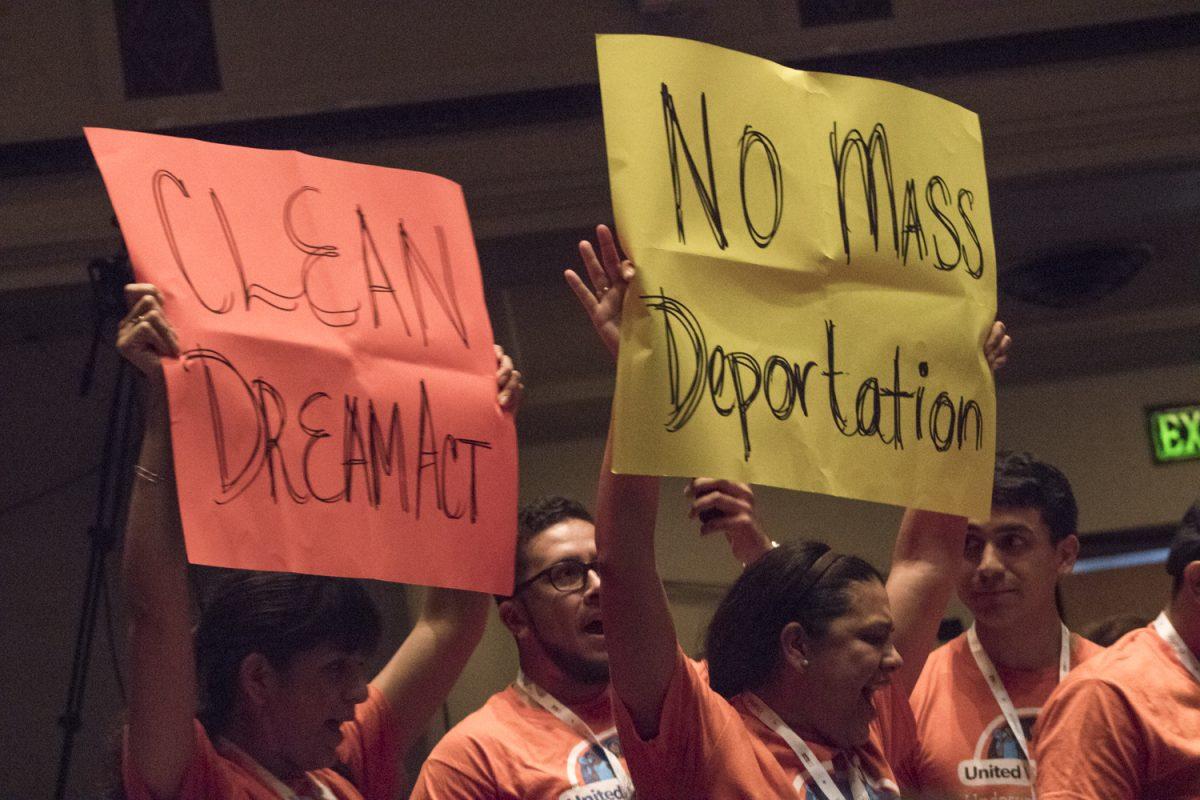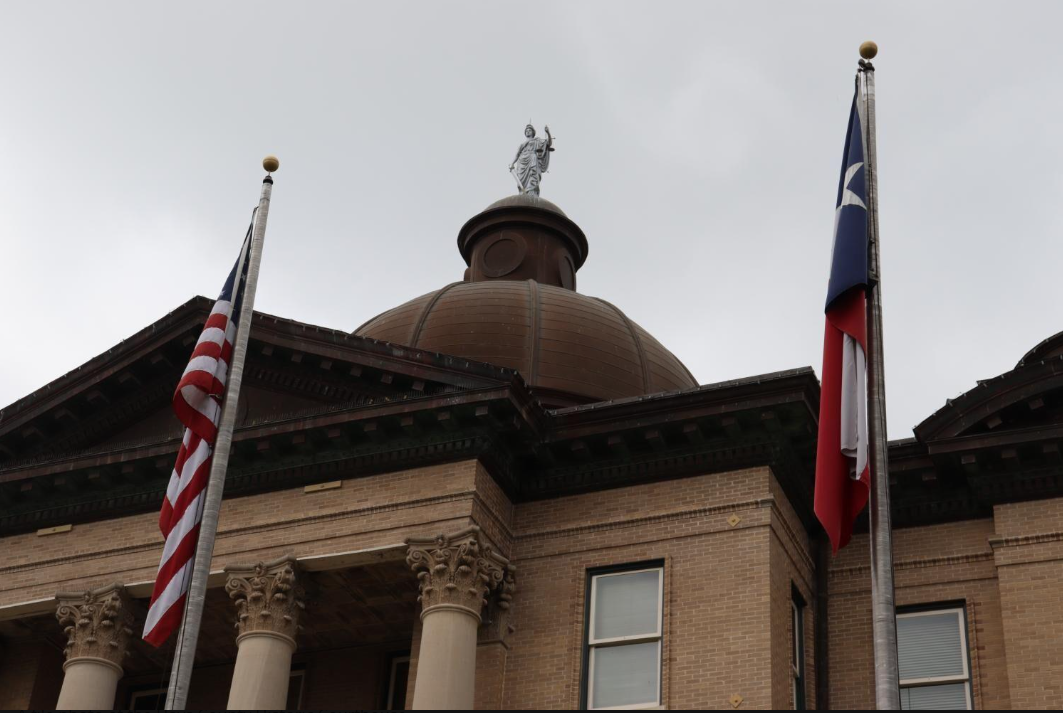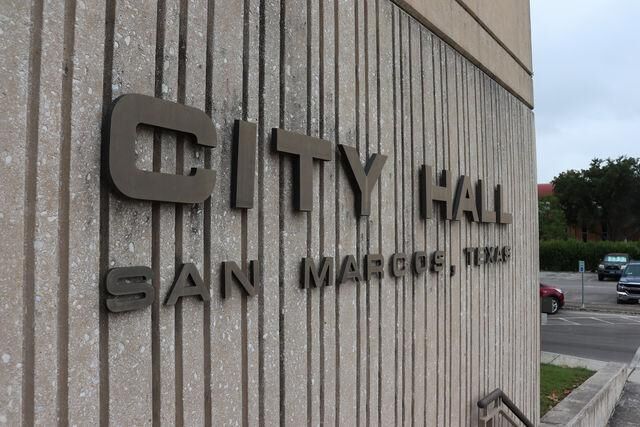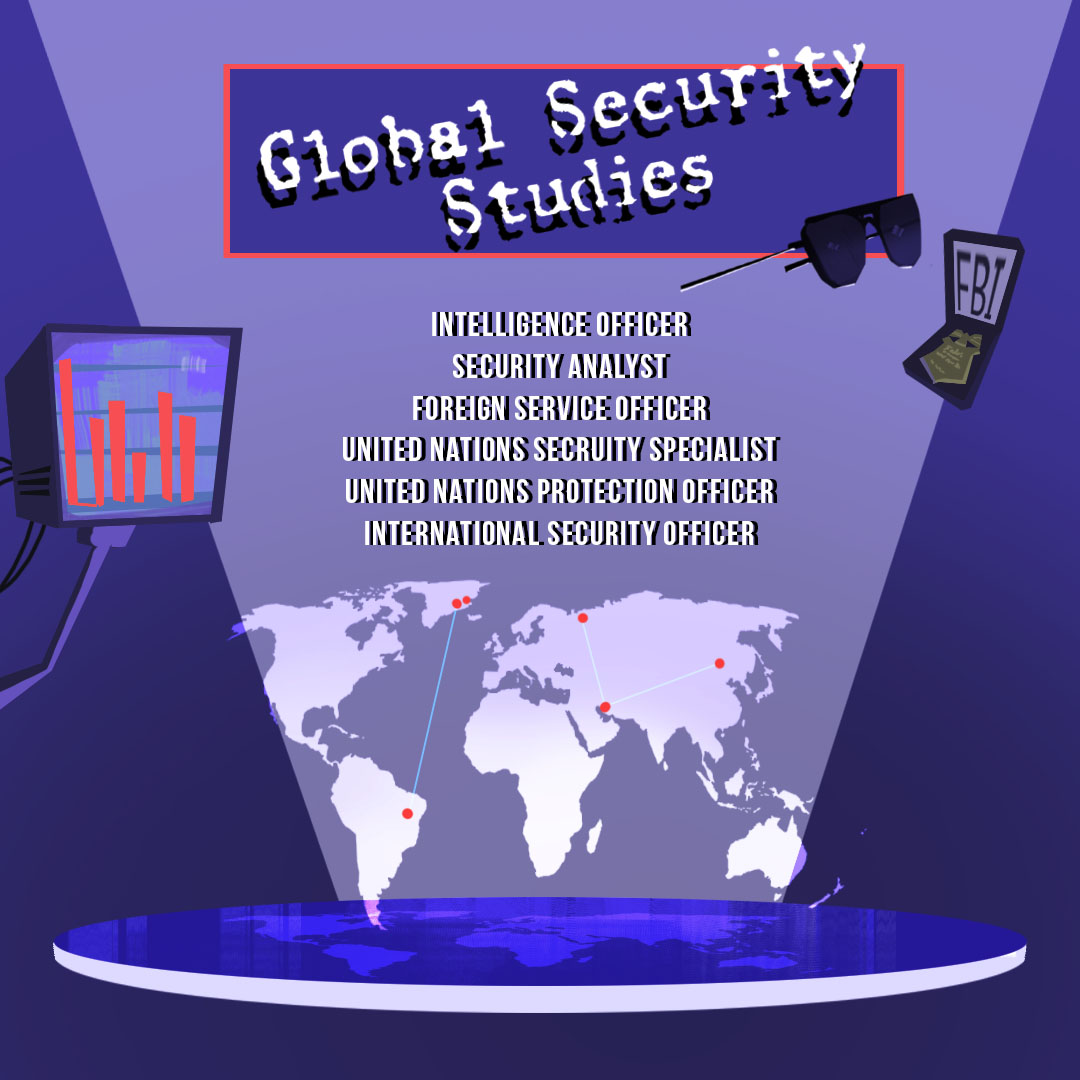A four-person panel consisting of lawmakers and lobbyists gathered at the University of Texas campus Sept. 24, to discuss the implications of one of the most contentious pieces of legislation this past session, Senate Bill 4.
After U.S. District Judge Orlando Garcia halted the implementation of SB 4 last month, a day before the bill would become a law, republican lawmakers appealed the ruling to a three-judge panel at the U.S. 5th Circuit Court of Appeals in New Orleans.
While the timeline for the state’s potential implementation of the law is uncertain, the topic still remains a polarizing issue for many lawmakers.
Matt Schaefer, Republican representative of Texas House District 143, said the bill is still necessary.
“Our patrolmen need all tools at their disposal to ensure public safety and uphold the law,” Schaefer said.“They (the media) have given the narrative that SB 4 created a new power for law enforcement, but it didn’t.”
During the debate over SB 4 on the House floor, Schaeffer proposed an amendment that would allow law enforcement to ask people about immigration status during an arrest or lawful detention, such as a traffic stop, making the bill stronger than the original proposal that was brought to the House floor. To the dismay of many Texas Democrats, Schaeffer’s proposal was accepted.
Charlie Wilkinson, the executive director of Combined Law Enforcement Agencies in Texas, expressed concern over officer safety if SB 4 were to be implemented.
“Now the first question you ask them is one that could separate them from their home, their job, their family,” Wilkinson said. “They’re either going to fight, or they’re going to run. Both options create a public safety crisis.”
When asked how lawmakers balance backing law enforcement while voting for legislation that many law enforcement officials are opposed to, Dawn Buckingham, a Republican representing Texas Senate District 24, said many Texas sheriffs were in support of the bill.
“First of all it is voluntary for officers to ask,” Buckingham said. “We think it helps law enforcement do a better job, and I will tell you that the sheriffs who run the county jails were all for it.”
Several sheriffs across Texas, including Travis County’s Sally Hernandez, have been publically opposed to such legislation for fear that requiring officers to ask about immigration status would strain relations between officers and their communities.
The potential for campus police reporting immigration status of undocumented students was also mentioned during the panel discussion, in which Ana Hernandez, Democratic representative of Texas House District 143, expressed her concern over campus safety.
“I think just like we excluded public schools, we should’ve excluded campus police from questioning immigration status,” Hernandez said. “Any witness that is involved in a law enforcement investigation is also subject to being asked their immigration status, and I think that makes our campuses less safe.”
Wilkinson challenged Hernandez by explaining the damage of political pressure on these types of pressing issues.
“You’re playing political football with a very serious issue,” Wilkinson said. “I think just as political pressure came to Sheriff Hernandez, the pressure is going to go the other direction too. You’re going to have public officials like the 254 county sheriffs and they are going to react politically in their Republican primary, so we’ve politicized something that is much more serious than that.”
The fight over sanctuary cities isn’t over
September 26, 2017
Protesters stand at the back of Hogg’s auditorium Sept. 24 shouting “Pass Dream Act” at U.S Sens. John Cornyn and Ted Cruz during the annual Texas Tribune Festival on the UT campus.
Photo by Bri Watkins | Managing Editor
Donate to The University Star
Your donation will support the student journalists of Texas State University. Your contribution will allow us to purchase equipment and cover our annual website hosting costs.
























